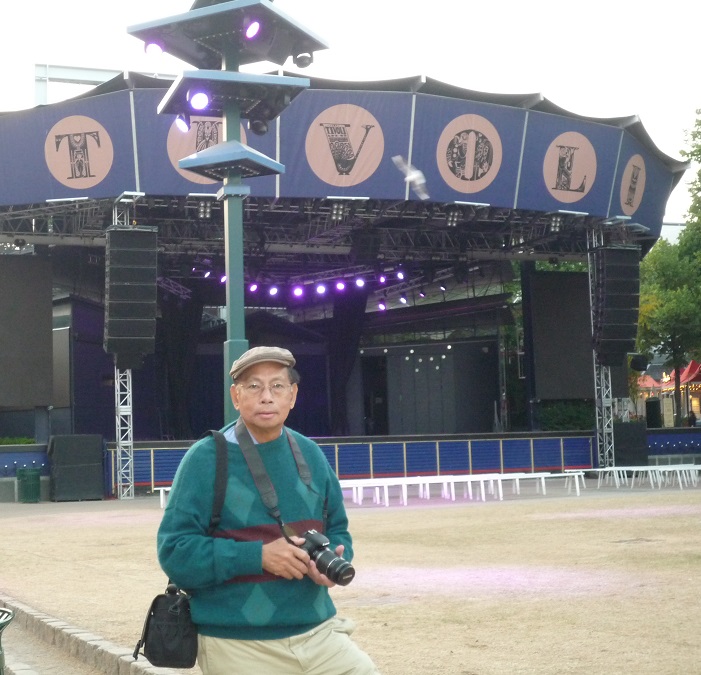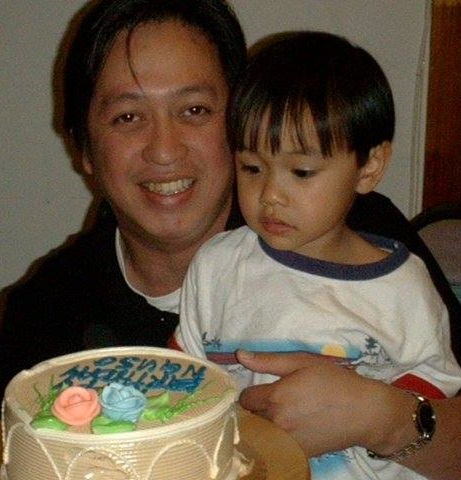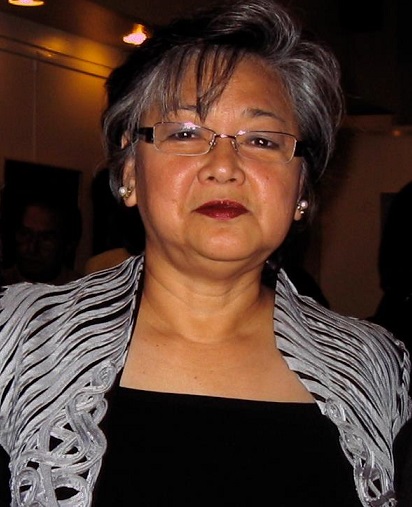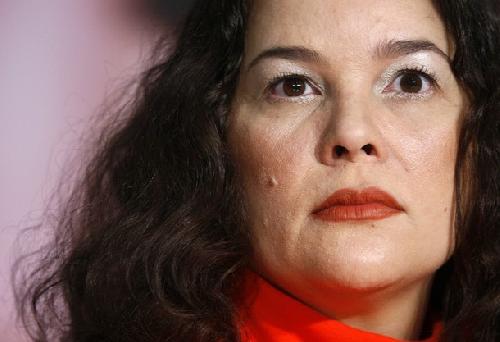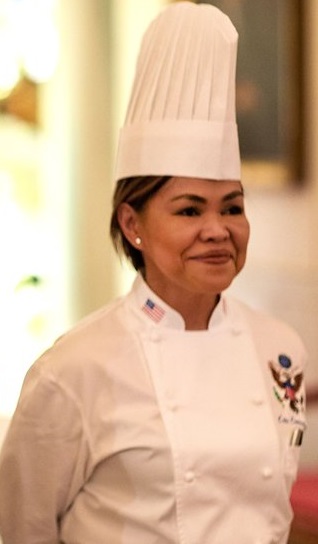Harvard’s Tagalog language studies being linked to U.S. military expansion in the PHL
By Rene Pastor
A ‘The FilAm’ Exclusive
Harvard University has announced plans to open a Tagalog language program along with Philippine Studies, in a move linked to the expansion of the U.S. military presence in the region.
The letter, dated March 7 and addressed to the Harvard Philippine Forum, was signed by James Robson, James C. Kralik, and Yunli Lou of the Department of East Asian Languages and Civilizations, Harvard College; and Professor Victor and William Fung of the Asia Center, Harvard University.
Says the letter: “There is increasing urgency…to better understand the histories, cultures, languages and economies of Southeast Asian countries.” The program will concentrate on the teaching of three Southeast Asian languages, Tagalog, Indonesian and Thai.
Harvard describes its offer to teach Tagalog as “historic.” It says, “This is also a somewhat historic moment, since Tagalog has never (to the best of our knowledge) been offered at Harvard University in its nearly 400-year history.”
China has already denounced the planned increase in U.S. military presence in the Philippines and slammed Manila for rekindling its military relationship with Washington.
“There has been increased reporting about how the U.S. is reasserting its presence at military bases in the Philippines as a way to deter China’s influence in the region,” the Harvard letter says.
“As the US increasingly recognizes the geo-political and economic importance of Southeast Asia, it will need to educate and inform the next generation of leaders on how best to understand and engage with the region. Traditionally, Harvard has played an important role in educating and advising government and private sector figures engaged with other parts of the world. To play a similar role for Southeast Asia, Harvard will need to further expand and develop its expertise on the region.”
The letter says Harvard Provost Alan Garber is scheduled to travel to Manila and Singapore in the coming weeks, a sign that Harvard is recognizing the importance of Southeast Asia. The finer details of Harvard’s plans were not mentioned in the reporting by The Harvard Crimson, the campus newspaper.
“We hope that this initial commitment to language instruction will be an important first step in moving the larger initiative forward and that the Harvard administration will see the virtues of supporting our efforts,” the letter states.
The letter outlines in detail the three-year, nearly $1 million commitment to create the institutional foundation for the program. The university will hire three preceptors to teach the three Asean languages. The courses will be offered in the Fall of 2023.
“We are optimistic that there is interest in the region to endow SEA language instruction, including the Tagalog preceptor, to ensure its continuity and excellence…
“We are excited to be able to move Harvard’s engagement with Southeast Asia and the Philippines forward one more incremental step, but now is not the time to become complacent. We have much more work to do on other fronts, including developing and offering content courses on the Philippines, working towards hiring (and endowing) a professorship in Philippine Studies, increasing cultural programming, initiating a post-doc program to invite scholars from the Philippines, and bolstering the Asia Center’s research and language grants program which is one of the few sources of funding for travel to the region available to students, etc. We will continue to work with potential donors in the region to fund these aspirations.”




